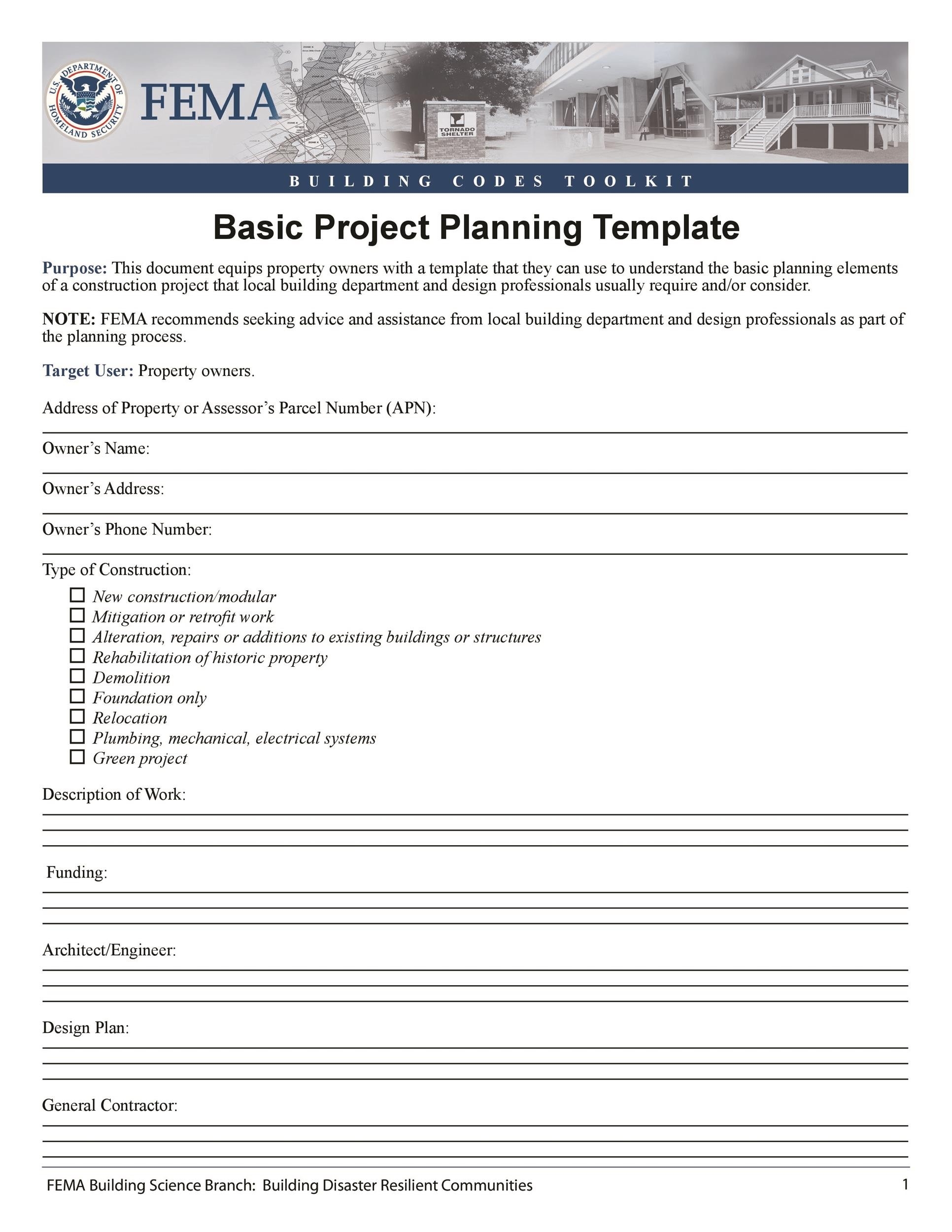Project plans are essential for successfully managing and executing projects. By using project plan templates, project managers can streamline the planning process and ensure that all necessary steps are accounted for. These templates provide a framework for organizing tasks, timelines, resources, and milestones, making it easier to track progress and meet project goals.
There are various project plan templates available, ranging from simple to complex, depending on the size and scope of the project. Some templates are specific to certain industries or project types, while others are more general and can be adapted to fit any project. Regardless of the template chosen, having a structured plan in place is crucial for keeping projects on track and within budget.
One common type of project plan template is the Gantt chart, which visually represents project tasks, timelines, and dependencies. Gantt charts are useful for showing the sequence of tasks and identifying critical path activities. Another popular template is the work breakdown structure (WBS), which breaks down project deliverables into smaller, manageable tasks. By using these templates, project managers can effectively allocate resources and monitor progress throughout the project lifecycle.
In addition to Gantt charts and WBS templates, project managers may also use templates for risk management, communication planning, and budgeting. These templates help identify potential risks, establish communication protocols, and allocate funds accordingly. By incorporating these templates into the project planning process, project managers can proactively address challenges and ensure project success.
Overall, project plan templates are valuable tools for project managers seeking to streamline the planning process and improve project outcomes. By utilizing these templates, project managers can create a roadmap for success, effectively communicate project goals and expectations, and monitor progress throughout the project lifecycle. With the right templates in place, project managers can ensure that projects are completed on time, within budget, and to the satisfaction of stakeholders.
In conclusion, project plan templates are essential for effective project management. By using templates such as Gantt charts, WBS, and risk management templates, project managers can create a structured plan that guides the project from initiation to completion. These templates help streamline the planning process, allocate resources efficiently, and monitor progress effectively. With the right templates in place, project managers can increase the likelihood of project success and deliver results that meet or exceed stakeholder expectations.
